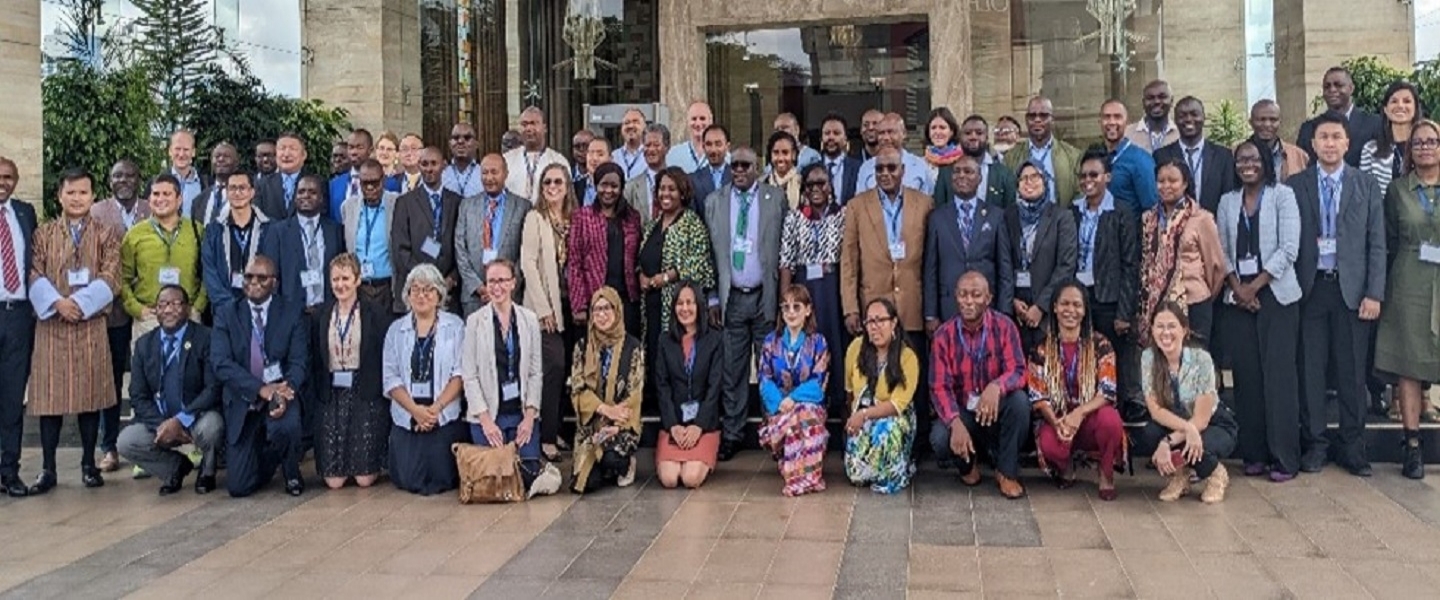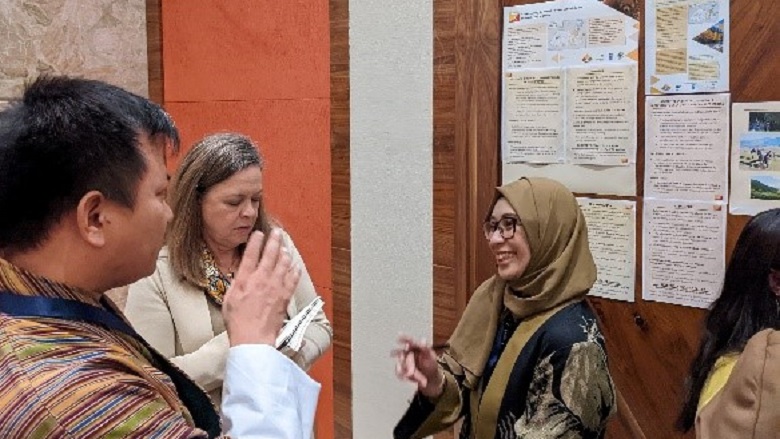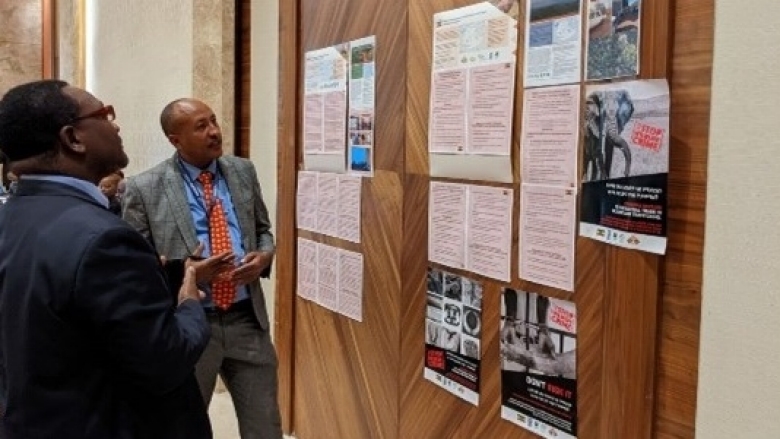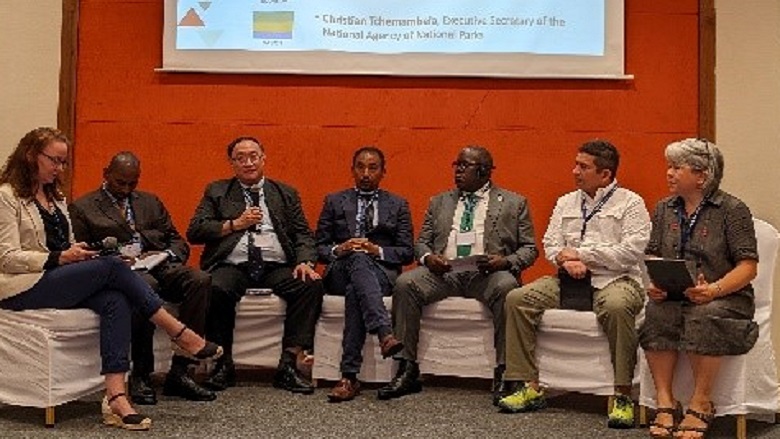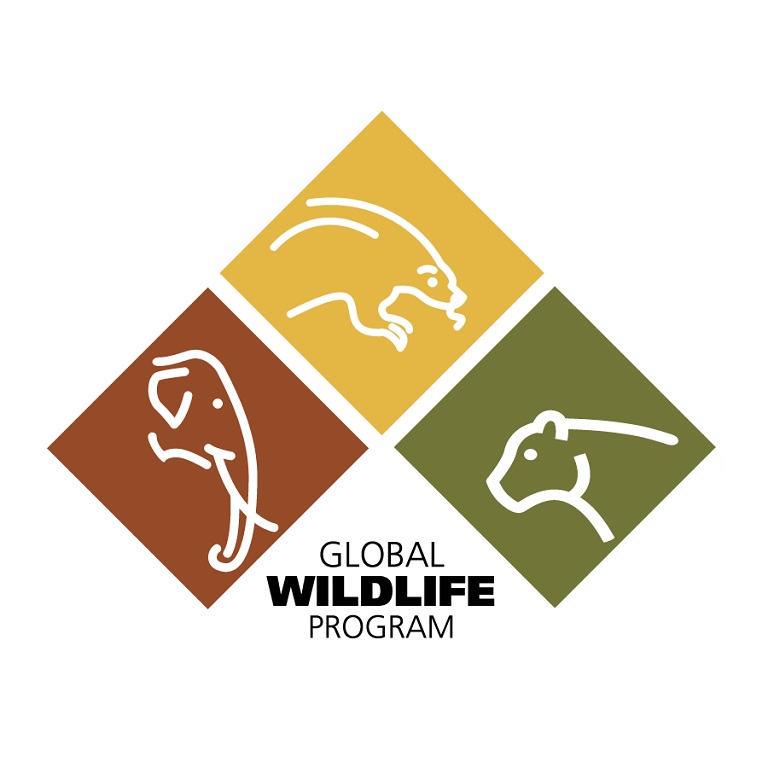Summary
The conference included a mix of interactive discussions, breakout groups, panel discussions, project showcase and many networking opportunities, bringing together the GWP community in person for the first time since October 2019.
The conference was opened by Dr. Susan Koech, Principal Secretary, Ministry of Tourism & Wildlife, Kenya, who emphasized the vital link between wildlife conservation and Kenya’s economic development, particularly local livelihoods. The other two speakers - Ms. Mandisa Mashologu, Deputy Resident Representative - Programs, UNDP, and Dr. Adriana Moreira, Senior Biodiversity Specialist at GEF Secretariat, highlighted the importance of partnerships in conservation.
The GWP project showcase was a highlight where 23 GWP projects presented their greatest achievements over the last year using a ‘poster’ that contained information on their greatest impacts for wildlife, landscapes and people and important lessons to date. Other participants walked around from poster to poster asking questions, providing advice on questions that project teams had, and exploring future areas for collaboration across the many technical themes explored under GWP projects. Project posters will be highlighted in the next GWP Annual Report.
The GWP project showcase was followed by thematic group discussions where participants discussed trends in protected area management, human-wildlife conflict, nature-based tourism, and law enforcement and criminal justice. Local technical experts facilitated these sessions with GWP projects providing examples of on the ground activities. A hybrid session on “Build back better: financial sustainability for conservation financing and livelihoods” highlighted Kenya’s community conservancy model. Although conservancies faced many challenges during the pandemic, through the support of the government and the Kenya Wildlife Conservancies Association, there were many lessons drawn on being resilient and working towards diversifying revenue sources.The panelists discussed Kenya’s stimulus package for the conservation sector and provided examples of how the tourism industry was also learning from the pandemic shock, including expanding the opportunities for diversified tourist experiences and local participation.
The following day began with a Directors’ dialogue. The aim was to discuss what to expect from the post-2020 global biodiversity framework for wildlife conservation. Following scene setting by WWF and the CITES Secretariat on upcoming climate, biodiversity and wildlife COPs, senior participants from Kenya, Thailand, Ethiopia, Gabon and Ecuador discussed important activities such as the importance of building resilience of Indigenous Peoples and Local Communities towards human-wildlife coexistence, the importance of strong collaboration networks to combat illegal wildlife trade and promoting conservation awareness at the parliamentarian level to gain political will to meet the CBD targets.
Discussing knowledge priorities and technical needs was a key part of the annual conference. The GWP coordination team facilitated breakout groups on the priority knowledge topics identified across the GWP, including anti-poaching and ranger development training, community engagement, wildlife species conservation, law enforcement and policy/legal frameworks, human-wildlife conflict and coexistence, and wildlife-based economy. Breakout discussions saw participants share their specific knowledge needs and identify gaps to which they could respond, continuing the knowledge exchange across the GWP. Inputs from participants will be used to build the program of activities for the GWP knowledge platform next year.
In parallel, the conference discussed the importance of project experiences in creating and disseminating knowledge through national and local channels. Project teams from Vietnam, India, Zimbabwe and Namibia shared their insights and lessons, such as the use of exchange visits, workshops, forums, and consultation meetings between communities and stakeholders, and the use of media (TV, journalism, newsletters) for disseminating information. Projects recommend using gap assessments to understand where stakeholders need input and then promoting a strategy to fill those gaps.
The conference in Nairobi closed with a hybrid session on the GEF-8 Wildlife Conservation for Development Integrated Program, where GEF Secretariat introduced the objectives of the program, entry points as well as the country selection criteria and expression of interest process. Through breakout discussions participants identified their priorities under the three program pillars of human-wildlife coexistence, illegal and high-risk wildlife trade, wildlife for prosperity. They also discussed opportunities for the program to build off the GEF-6 and GEF-7 activities in the GWP.
The conference in Nairobi was followed by an overnight visit to Masai Mara where participants heard from the Masai Mara Wildlife Conservancies team about the conservancy model and visited a college campus that is helping inspire the next generation of conservation leaders. Participants also heard about the opportunities, threats and challenges of wildlife management at the Masai Mara National Park.
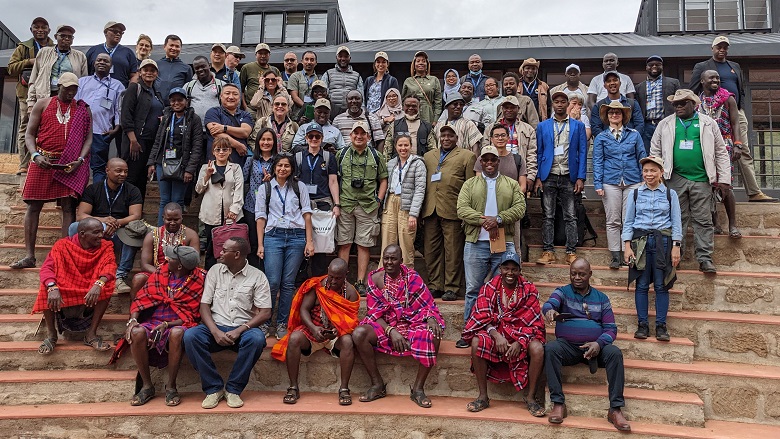
The 2022 annual conference helped participants reestablish connections across countries and regions, facilitated exchange of progress and results as many GEF-6 GWP projects pass mid-term and near completion, and helped identify priority knowledge and technical needs for the GWP. The GWP coordination team will incorporate the insights shared by projects in the 2022 Annual Report and upcoming GWP activities.

